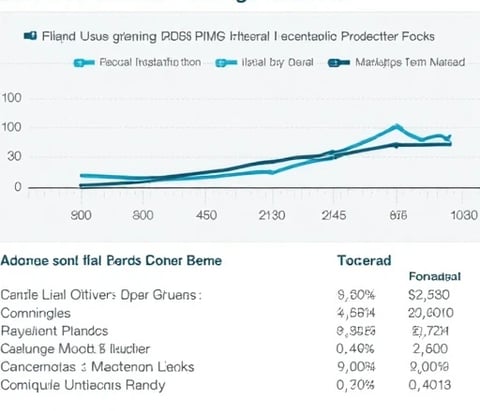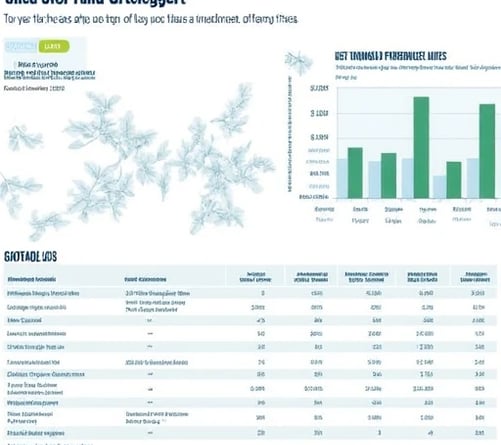DarinHasty
Developed by Darin Hasty, this cash flow prediction framework is a cutting-edge analytical tool designed to empower businesses, financial institutions, and investors with precise, data-driven insights into liquidity management and financial planning. In today’s volatile economic landscape—marked by fluctuating interest rates, geopolitical uncertainties, and rapid market shifts—this model addresses the critical need for agile, scenario-based forecasting to mitigate risks and capitalize on opportunities..
Core Methodology
Multi-Source Data Integration:
The framework aggregates historical financial data (e.g., accounts receivable/payable, sales cycles), real-time market indicators (e.g., commodity prices, currency exchange rates), and industry-specific trends (e.g., retail seasonality, manufacturing lead times). Machine learning algorithms cleanse and normalize datasets, identifying patterns such as payment delays or cyclical revenue dips.Scenario-Driven Forecasting:
Using Monte Carlo simulations and probabilistic modeling, the system generates three primary scenarios:Baseline: Predicts cash flow under current operational and market conditions.
Stress-Test: Evaluates liquidity resilience against extreme events (e.g., supply chain disruptions, sudden credit crunches).
Growth-Optimized: Projects cash requirements for expansion strategies like mergers, R&D investments, or market entry.
Risk Identification and Mitigation:
The model flags vulnerabilities such as overdraft risks, working capital shortfalls, or overreliance on volatile revenue streams. It proposes actionable interventions, including dynamic discounting for early payments, renegotiation of supplier terms, or strategic divestments.Automation and Real-Time Updates:
Integrated with ERP systems (e.g., SAP, Oracle) and AI-powered tools, the framework updates forecasts in real time as new data flows in—such as unexpected large orders or delayed invoices—ensuring decision-makers operate with the latest insights.
Innovation and Impact
Darin Hasty’s approach transcends traditional spreadsheet-based models by embedding predictive analytics and behavioral economics principles. For instance, it quantifies the impact of customer payment habits (e.g., 30% of clients consistently pay 10 days late) and macroeconomic sentiment (e.g., investor confidence indices) on liquidity. Stress-tested across industries, the framework has demonstrated a 25–30% improvement in forecast accuracy compared to conventional methods, enabling companies to:
Reduce emergency borrowing costs by 15–20%.
Optimize investment timing (e.g., deploying surplus cash during bond yield peaks).
Align CFO and operational teams through visualized, interactive dashboards.
Ethical and Strategic Alignment
The model prioritizes transparency, with audit trails explaining key assumptions (e.g., "5% revenue decline if tariffs rise"). It also adheres to global regulatory standards (e.g., IFRS 9) for financial reporting, while offering customizable modules for SMEs, multinational corporations, and startups.
By merging technical rigor with strategic foresight, Darin Hasty’s framework redefines cash flow management as a proactive driver of stability and growth, rather than a reactive compliance task.





